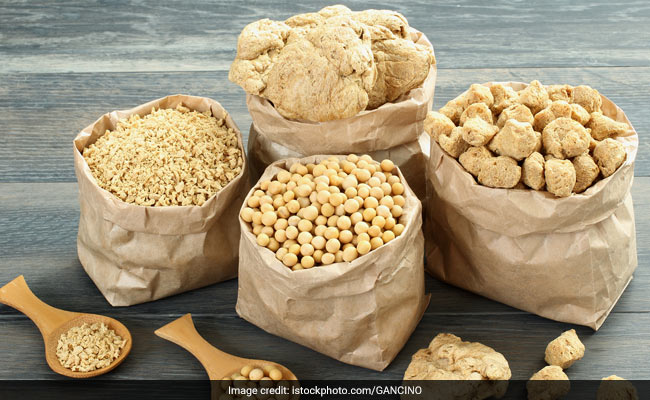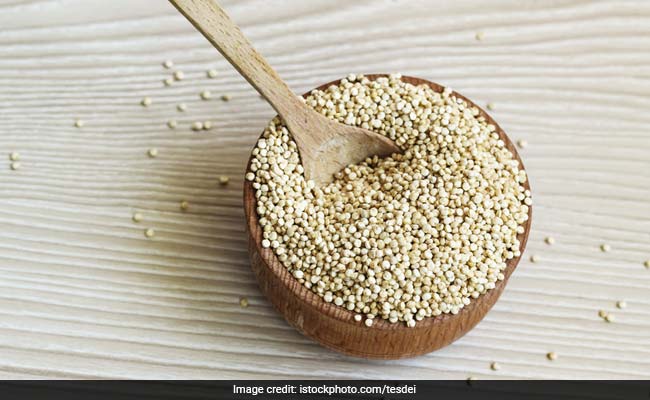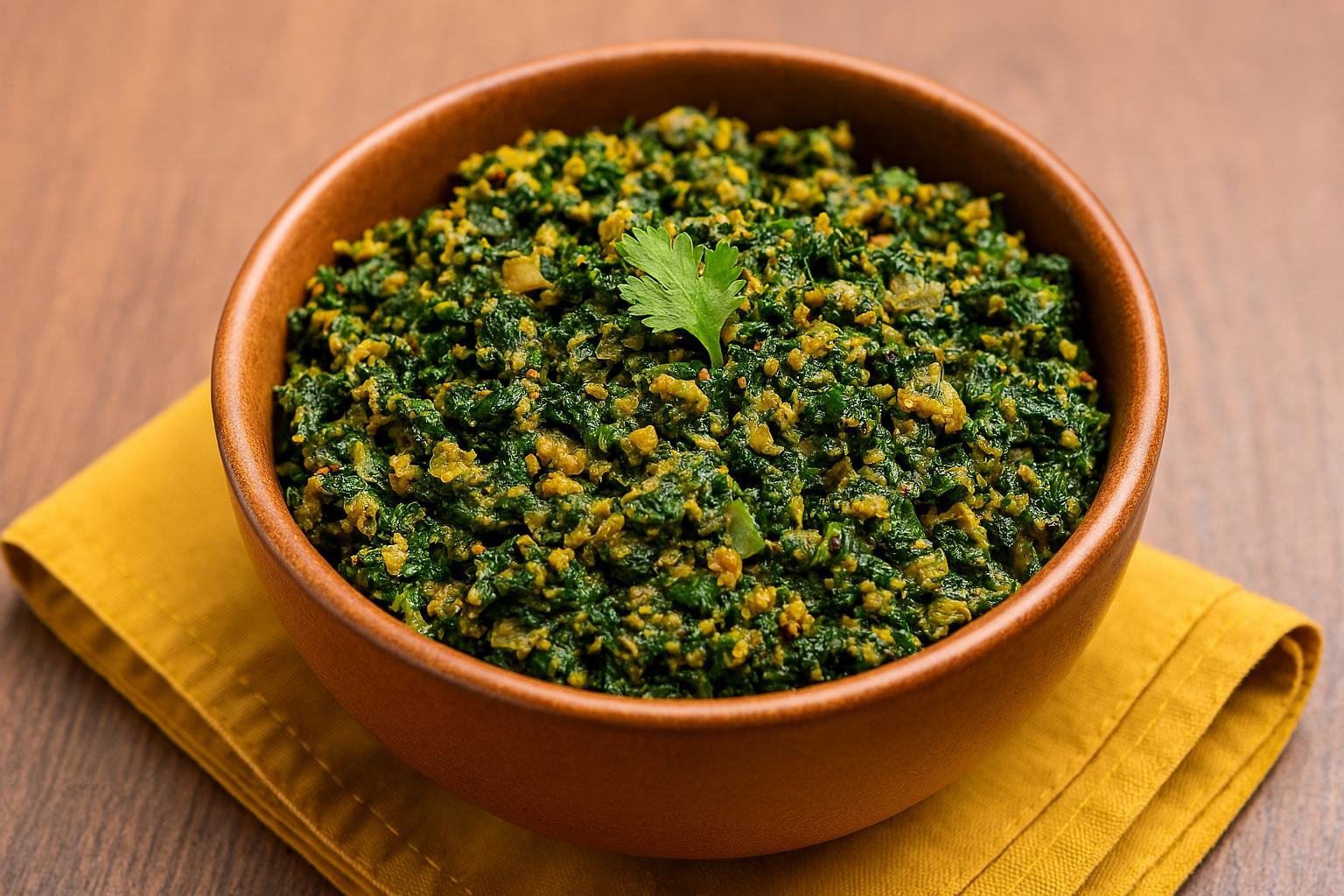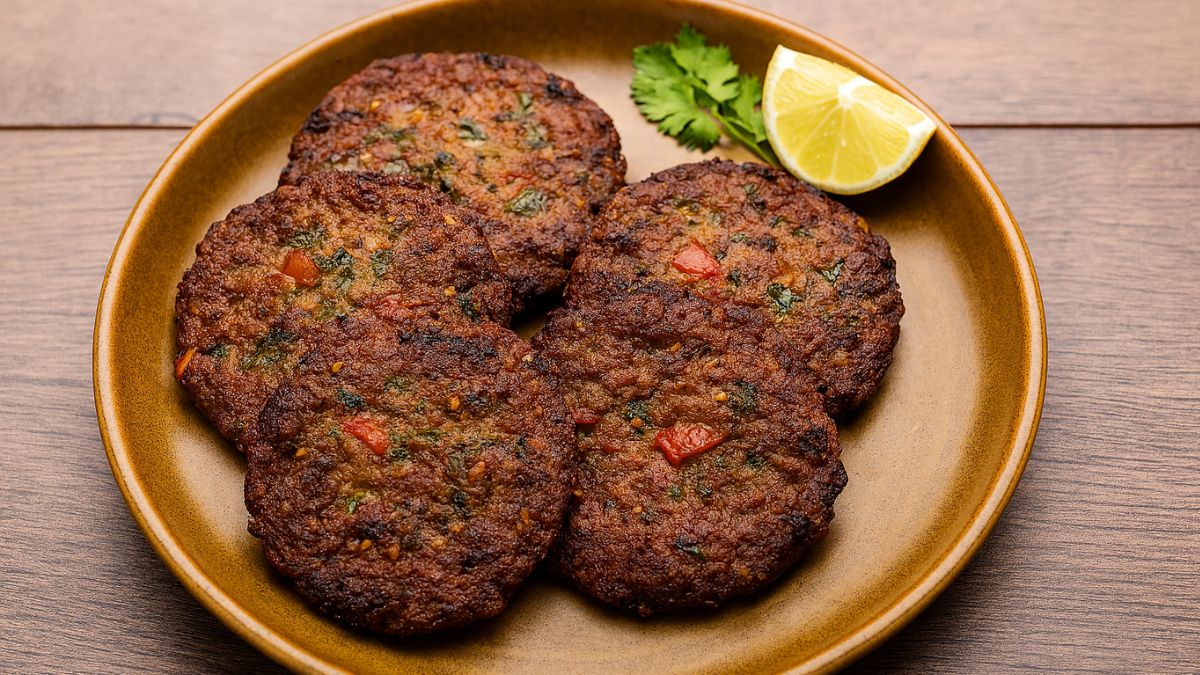Only 31% of India is vegetarian but the others are not entirely non-vegetarians either. This is because most of us are either 'by-the-way vegetarian on select days of the week or just eat eggs or just eat prawns and lobsters, so, in other words we have a majority of flexitarians in the country. What this also means is that our protein intake in everyday diet is varying and most likely, inadequate.
Flexitarian, a term created by the American dietician and media personality, Dawn Jackson Blatner, is a portmanteau of the terms, flexible and vegetarian. It broadly refers to people who largely prefer vegetarian diet while still enjoying meat in moderation, especially for its taste. This is where plant-based protein could prove to be instrumental in meeting your daily protein requirement, no matter what day of the week it is. In times like these where foods like as soy, quinoa, peas and nuts, are used to develop products that taste and feels somewhat like meat or dairy-based foods, there are options galore. Take for instance the mock meat soy burgers which are often considered parallel to meat-based burgers in terms of texture and flavor and now find a place in the menu of several restaurants across the country.
(Also Read: Mediterranean Diet Voted As The Best Diet Of 2021, Followed By DASH And Flexitarian Diet: Report)
The first step towards a diet with plant-based meat alternatives, is looking out for the right ingredients -
1. Soybean: 100 gms has 36 gms Protein
Soybeans are one amongst the most affordable sources of plant-based protein, available in the market in the form of chunks, milk, tempeh, mince and even snackable treats. Soy is also considered to be one of the most widely used ingredient in plant-based mock meats, as it is one of the most flavored, healthy and nutrient dense option that is easily available in the market.

Soybeans are one amongst the most affordable sources of plant-based protein.
2. Quinoa: 100 gms has 14 gms Protein
Quinoa is often referred to as a "Super Grain" since it contains all 9 essential amino acids, making it one of the best sources of plant-based protein. It also makes a good substitute for rice, for those looking to moderate their carbohydrate consumption.

Quinoa is a good source of vegetarian protein.
3. Chickpeas and lentils: 100 gms has 14-15 gms Protein
Chickpeas and lentils are great sources of plant protein that can be used in a variety of dishes ranging from fresh salads to burger patties. There is no limit to the number of Indian dishes that can be made using chickpeas and lentils - there's a good chance every home has a favorite!
(Also Read: The Flexitarian Diet: Finally, A Diet That Isn't About Resisting)

There is no limit to the number of Indian dishes that can be made using chickpeas.
4. Nuts and Seeds: 100 gms has 18-23 gms Protein
Almonds, walnuts, seeds and peanuts etc. are known to be treasure troves of proteins, in addition to healthy fats and fibre. The latest popular addition to the snacking list are sunflower seeds, pumpkin seeds and chia seeds among others. Add them to your salads or desserts, blend them into your smoothies or simply snack on them in between meals. Not just that, they can also be consumed in a variety of ways such as almond flour to bake healthy desserts, nut butter to complement your toast or even almond milk for your morning cup.

Almonds, walnuts, seeds and peanuts etc. are known to be treasure troves of proteins.
5 Tofu: 100 gms has 8.1 gms Protein
For those looking for dairy alternatives, tofu is ideal to meet all your protein requirements. Prepared from soy milk, tofu, also known as soybean curd, is a complete protein - providing 10 grams in every half cup. With its mild flavor, it easily absorbs a wide range of flavors including spices, marinades and curries, making it a flexible ingredient for many a dish - be it a flavorful Asian appetizer, a wholesome tofu sandwich or even in a colorful, fresh salad.

Prepared from soy milk, tofu is a complete protein.
About Author: Nmami Aggarwal is a certified nutritionist and author based out of Delhi. She has also been a consultant nutritionist for many celebrities including Miss World Manushi Chillar.
Disclaimer:
The opinions expressed within this article are the personal opinions of the author. NDTV is not responsible for the accuracy, completeness, suitability, or validity of any information on this article. All information is provided on an as-is basis. The information, facts or opinions appearing in the article do not reflect the views of NDTV and NDTV does not assume any responsibility or liability for the same.








